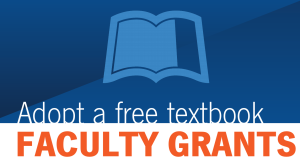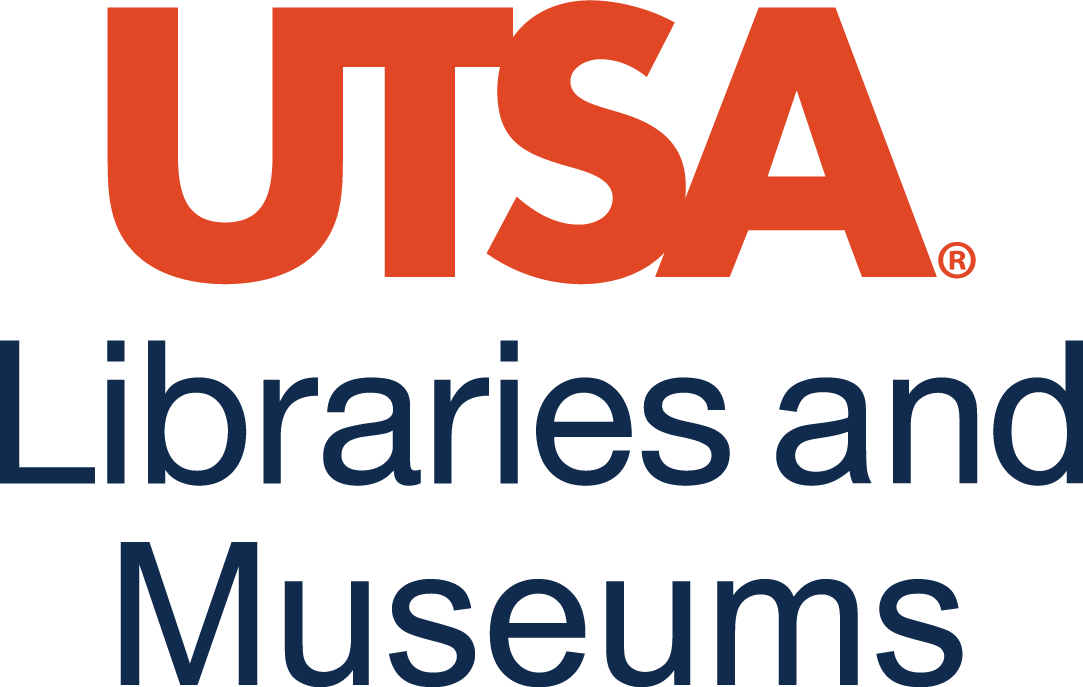39 OER Design
Learning Objectives
- Understand deliverables, student cost, licensing requirements, and award ranges for Adopt a Free Textbook Design grants
Description
The OER Design Grant Tier is for extensive modification of existing Open Educational Resources (OER) that may involve creation of new OER to be used as the primary course learning materials in the course. The final OER created as a deliverable must be:
- Completely free for students
- Creative Commons licensed
| Grant | Outcome | Student Cost | Licensing Requirement | Individual Award Range | Group Award Range |
|---|---|---|---|---|---|
| Design | Modification, remixing, or authoring of original OER | Free | Creative Commons | $3,500-5,000 | $5,000-$10,000 |
Deliverables
Create OER
- Create OER to be used as the primary textbook(s) for awarded course
- Author will have 1 year from the effective date as specified on the Memorandum of Understanding to develop OER
Adopt OER for Specified Period
- Replace current textbook(s) in course with OER.
- Adopt created OER as the course textbook for at least 2 semesters
Provide Transparency
- Report all courses as Free Textbook courses in the UTSA Class Schedules in advance of each semester of the 4-semester implementation period so that students can see awarded course(s) when filtering for free textbooks during registration.
- Report textbooks as soon as you have selected them. It is not possible to report too far in advance.
- Reporting textbooks is required in advance of each semester that you teach with OER in the Adopt a Free Textbook grant program.
-
Qualtrics reporting form for OER.
Update Textbook Information on Syllabi
- Add logo and text, below, to textbook section of all syllabi of awarded courses:
- This course is part of UTSA Libraries' Adopt a Free Textbook program, a collaboration between your professor and the library to encourage faculty adoption of free textbooks into UTSA courses. Open educational resources (OER) are textbooks and learning materials that are available at no cost to students, accessible from mobile devices, and available from class day one. Research has shown that OER can improve student engagement and course outcomes.

Demonstrate Impact
- Submit a course impact report that includes: final syllabus; assessment; anonymous data on grades, including drop, fail, and withdraw rates; analysis and future textbook plans; student evaluations of the free textbook(s)
- Ideal target is first semester teaching with the OER once the student have had enough exposure to the textbook to provide feedback. Most grant recipients distribute within the last month of each semester: total of 4 semesters.
- Samples of the Qualtrics faculty and student surveys are below.
- OER Coordinator will:
- Share at the beginning of the implementation semester and each semester of the grant.
- Send reminder emails mid-semester.
- Provide a list of students that have completed, upon request. Please provide course roster.
Serve as an Advocate
- Collaborate with UTSA Libraries to publish a Textbook Hero Profile
- Participate in a Adopt A Free Textbook webinar as panelist
Adhere to Timeline
- Complete planned activities and deliverables according to the timeline presented in the application
- Check in via Teams/email with OER Coordinator on at least a monthly basis for the duration of the project to report on progress.
Commit to Learning: Complete OER Design Certification Course (4 hours)
- Complete an OER Design Certification Course (4 hours).
- Author will be enrolled in this asynchronous Blackboard course by OER Coordinator.
Comply with Spending Guidelines
- Spend funds in accordance with guidelines and university policy and maintain appropriate records of expenditures.
Ensure Quality
- Ensure OER are of high quality and meet accessibility standards as defined in “Accessibility.” Any remediation required to bring resources up to standards is the responsibility of the grant recipient.
- Consult with the Libraries on the use of any intellectual property that is not owned by the grant recipient, shared under a Creative Commons license that allows for reuse, or in the public domain. Determining ownership of third-party content is the responsibility of the grant recipient. Documentation demonstrating fair use and/or permissions for third-party content included in the OER shall be submitted with the deliverables.
- Provide copy editing and proofreading of any textual OER to ensure grammatical and spelling accuracy, clarity, and consistency.
- Provide attribution of any OER used, to include Title, Author, Source, and License, as outlined in Chapter 12: Attribution Statements in Faculty OER Toolkit. Authors may use the Open Attribution Builder to assist with creating attribution statements.
Share for Greater Impact
- Allow the Libraries to deposit OER resulting from the grant in Runner Research Press. All deliverables must be received by the Libraries prior to the distribution of the second funding transfer. Deliverables must include the original, editable files for re-distribution.
- If the project is for a Texas Core Course, upload materials to OERTX, the OER repository managed by the Texas Higher Education Coordinating Board, for sharing with other TCCN instructors in the state.
- Ensure that OER are delivered in enduring/sustainable formats as defined in Addendum. Questions regarding file types should be addressed to Emily Johnson and DeeAnn Ivie of the Libraries.
- Share usage statistics with the Libraries for any resources housed outside of Runner Research Press. This information will be requested annually and should be returned by the deadline included with the request.
- Acknowledge that full or partial support came from the UTSA Libraries Adopt a Free Textbook grant program administered by the UTSA Libraries in any publication or presentation about the project.
Library Support
- Creation of a dedicated team on UTSA Microsoft Teams to serve as the primary hub for communication and management of the project and its associated deadlines. Project documents and resources will be added to this team in support of grant work. Direct grant recipients to additional resources that may assist in resolving challenges encountered during the project period. (DeeAnn Ivie).
- Promptly respond to questions and concerns. (DeeAnn Ivie, Kimberly McMahon, Chayla De La Garza)
- Offer consultations regarding intellectual property and reuse of third-party content. (DeeAnn Ivie, Emily Johnson)
- Provide guidance on and facilitate access to grant funds. (Kimberly McMahon, DeeAnn Ivie, Chayla De La Garza)
- Upload materials resulting from the grant to Runner Research Press. (DeeAnn Ivie, Emily Johnson)
- Provide Qualtrics survey links to be distributed to students each semester in every course in which the OER is used. (DeeAnn Ivie)
- Provide an accessibility evaluation of OER prior to the close of the project with explicit recommendations for any elements requiring remediation. A draft of the rubric for this evaluation is included as Addendum 5. Any changes made to the document will be emailed to the grant recipient and incorporated into this MOU. (Rachel Elliott and DeeAnn Ivie)
- Publicize the progress of grant recipients and maintain a public record of funded projects. (DeeAnn Ivie, Chayla De La Garza, and Germaine Williams)
- Provide ISBN and DOI assignment. (DeeAnn Ivie will coordinate)
- Add the OER to Library Quick Search so that it is more easily findable by enrolled students. (DeeAnn Ivie will coordinate)
MOU
Media Attributions
- Adopt a Free Textbook Faculty Grants
This grant tier is for extensive modification of existing Open Educational Resources (OER) that may involve creation of new OER to be used as the primary course learning materials in the course. The final OER created as a deliverable must be completely free for students and Creative Commons licensed.

